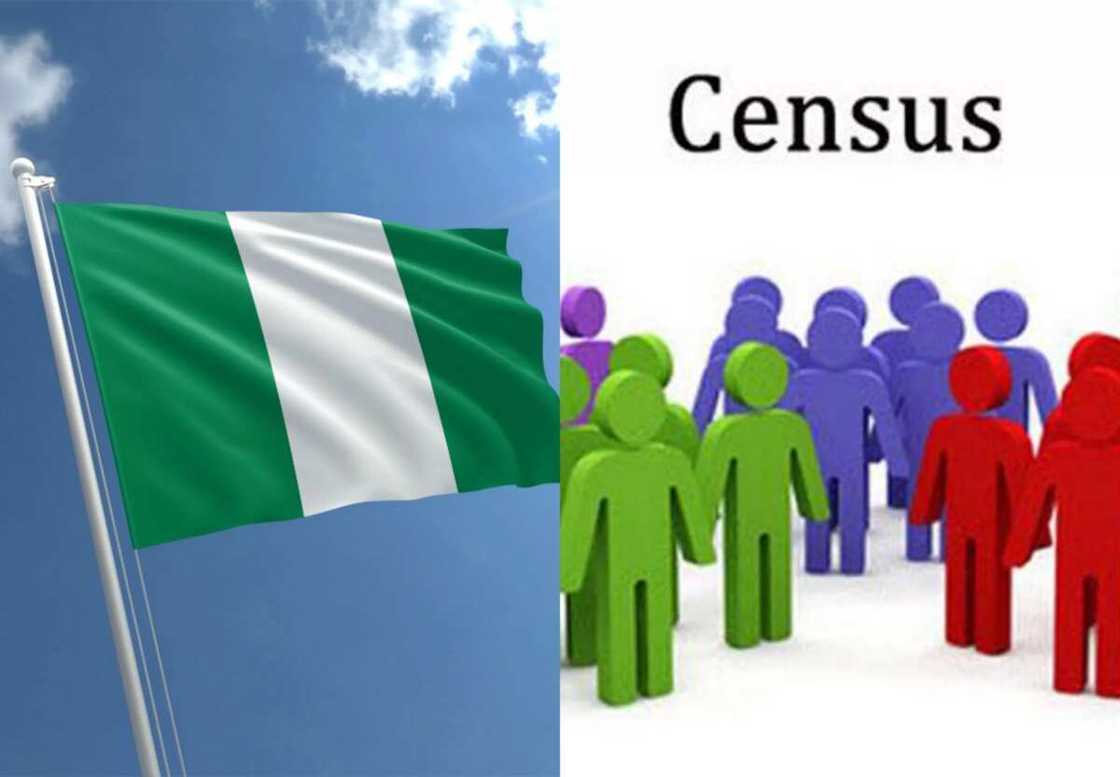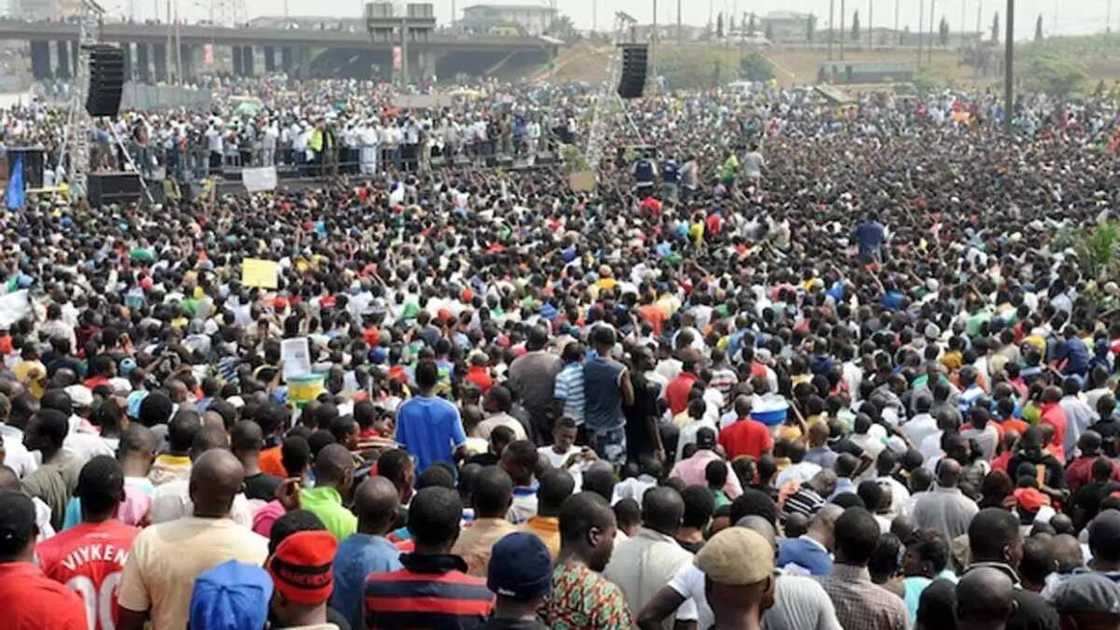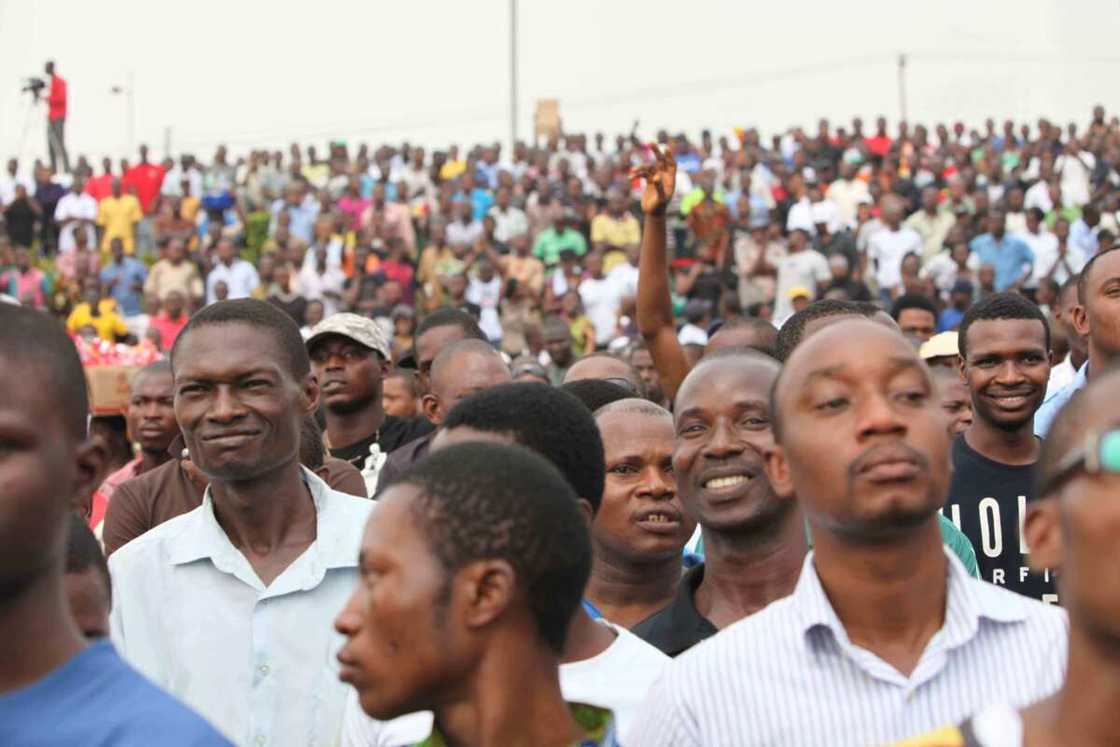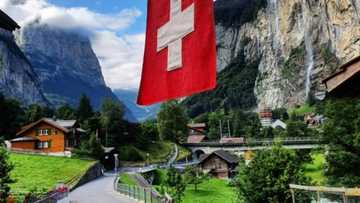Problems of population census in Nigeria
The new population census in Nigeria is an important task that the authorities have to carry out. This process is necessary for religious, ethnic, political reasons, corruption, etc. In this article, we will discuss the main obstacles of conducting a census in Nigeria.

1. Ethnic and religious disputes
Nigerians are divided into separate groups; this factor hinders the comprehensive assessment of the Nigerian population. Inner conflicts hamper the development of the culture, economy and social spheres.
Religion has repeatedly prevented the successful conduction of census in Nigeria. For example, Muslims tend to prevent women from participating in this process. Therefore, northern indicators are always higher than elsewhere in Nigeria, which generates discrimination.
The scale of the problems is quite large in remote areas. Conflicts are aggravated by financial instability and one can say with full confidence that Nigeria is mired in religious chaos. Over the past decade, thousands of people have died from getting involved in religious and ethnic disputes.
Religious groups are mainly divided between the south and the north. The question of reliability of the information regarding the high population of the north remains relevant for many years. There is an opinion that these records are false. Nigerians need truthful census reports that they will be able to trust.

2. Distribution of natural resources and wealth
Oil is the main resource base of Nigeria, which creates the biggest scope of money. Most of the oil is produced in the south, but the money is mostly controlled by the north.
3. Falsification of the results and corruption
The information about the current population of Nigeria is obtained from various unofficial sources that may be incorrect. The last comprehensive census was conducted in 2006.
There is reason to believe that the demographic information of the country has been falsified and the actual figures were overestimated in the published report. The initiators of the falsification are corrupt representatives of power. Foreign agencies have abolished the Nigerian Census Committee for dishonest work and the conduct of the fraudulent tactics.
The level of corruption in Nigeria exceeds all permissible indicators. Citizens constantly hear stories about corrupt officials who collect money for the census activities but did not carry out the procedure properly; they just specified false results and put the money in their pockets. In fact, no one visited the towns and villages and the information provided about certain areas were made up from nothing.
In addition, it is advantageous for different regions to overstate the size of their population to ensure that they get more funds from the federal government.
READ ALSO: Challenges of electric power generation and distribution in Nigeria

4. Cost of the Census
Carrying out a census is quite an expensive procedure so the authorities always find other ways to divers and spending funds allocated for the purpose. The process also gets postponed often because no one wants to bear the huge financial costs.
Even developed states have to spend significant sums to calculate the population of their area. Nigeria's resources are limited, so it is even more difficult for our country to cope with this task. As a result of this, the procedure does not get carried out efficiently and as regularly as it should be.
5. High level of illiteracy
There are many illiterate citizens in Nigeria, and this affects the population adversely. Studies conducted over the years have also shown a similar trend in other states.
People tend to avoid contact with officials conducting the census. Some people also act hostile as they consider getting counted a taboo.
Illiterate people sometimes believe that the state conducts census in order to increase taxes. Therefore, they tend to give incorrect information; this explains the inaccurate statistical data. It is quite difficult to find out the actual population of Nigeria if the citizens don't support the process.
6. Obsolete infrastructure in some areas
Bad infrastructural conditions are also capable of hindering an effective population census. Examples of these are poorly maintained roads which makes it difficult to access various villages and towns.

Some places are so remote that it is possible to reach them only on foot. As a result, officials do not visit such points. Estimates of the population of such areas hardly ever reflect the real situation and the census results do not correspond with reality.
7. Insufficient qualification of census specialists
Another major obstacle is the lack of specialists with the necessary level of qualification for conducting the census. Only experienced experts dealing with population issues and demographers can carry out this difficult task properly. If census is entrusted to inexperienced employees, the obtained result will be of low-quality and with inaccurate figures.
8. Low efficiency and poor quality of educational campaigns
The careful organization of campaigns to create awareness about census exercises can determine how successful the census will be. It is extremely important for the population to learn about the importance of the census exercise and show a willingness to cooperate.
9. Unreliable demographic maps
Due to outdated and inaccurate demographic maps, it is difficult for authorities to take all the remote settlements in the country into account and visit them during the census exercise.

Now you know the most common problems that prevent the government from effectively conducting a population census in Nigeria; the main obstacle is the high cost of carrying out the process and the fact that the money allocated for this purpose is constantly being spent on extraneous purposes. The authorities have to provide necessary resources and reliable logistics for census exercises, only then will it be possible to gather accurate information on the number of Nigerians in the country.
READ ALSO: Population of Nigeria by states: Latest data
Source: Legit.ng






